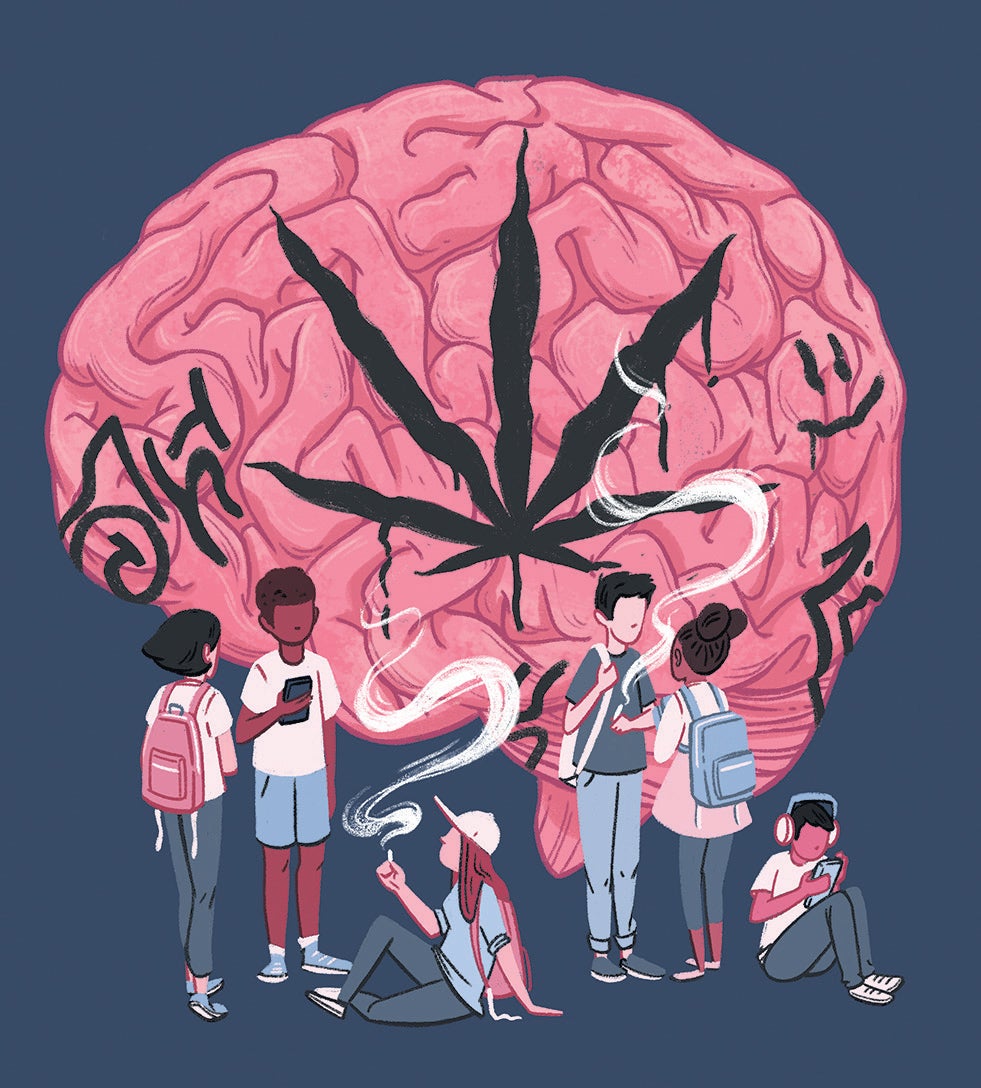The effects of weed, also known as
marijuana or cannabis, on the human brain are a complex and controversial
topic. Research has shown that tetrahydrocannabinol (THC), the primary
psychoactive compound in weed, can have both short-term and long-term effects
on brain function.
Short-term effects of weed use can
include impaired memory and concentration, altered judgment and
decision-making, and impaired coordination and balance. These effects can be
particularly concerning for individuals who operate heavy machinery or drive a
vehicle while under the influence of weed.
Long-term effects of weed use on the
brain are less clear and are the subject of ongoing research. Some studies have
suggested that chronic, heavy use of weed can lead to structural changes in the
brain, particularly in areas related to memory, attention, and learning. Other
studies have suggested that long-term use of weed may increase the risk of
developing mental health problems, such as depression, anxiety, and psychosis.
However, it is important to note that
not all studies have found significant negative effects of weed use on the
brain. Some studies have even suggested that certain compounds in weed, such as
cannabidiol (CBD), may have neuroprotective properties and could potentially be
used to treat certain neurological conditions.
Overall, the effects of weed on the
human brain are complex and depend on a variety of factors, including the
individual's age at the time of use, the frequency and duration of use, and the
potency of the weed used. More research is needed to fully understand the potential
risks and benefits of weed use on the brain.



0 Comments